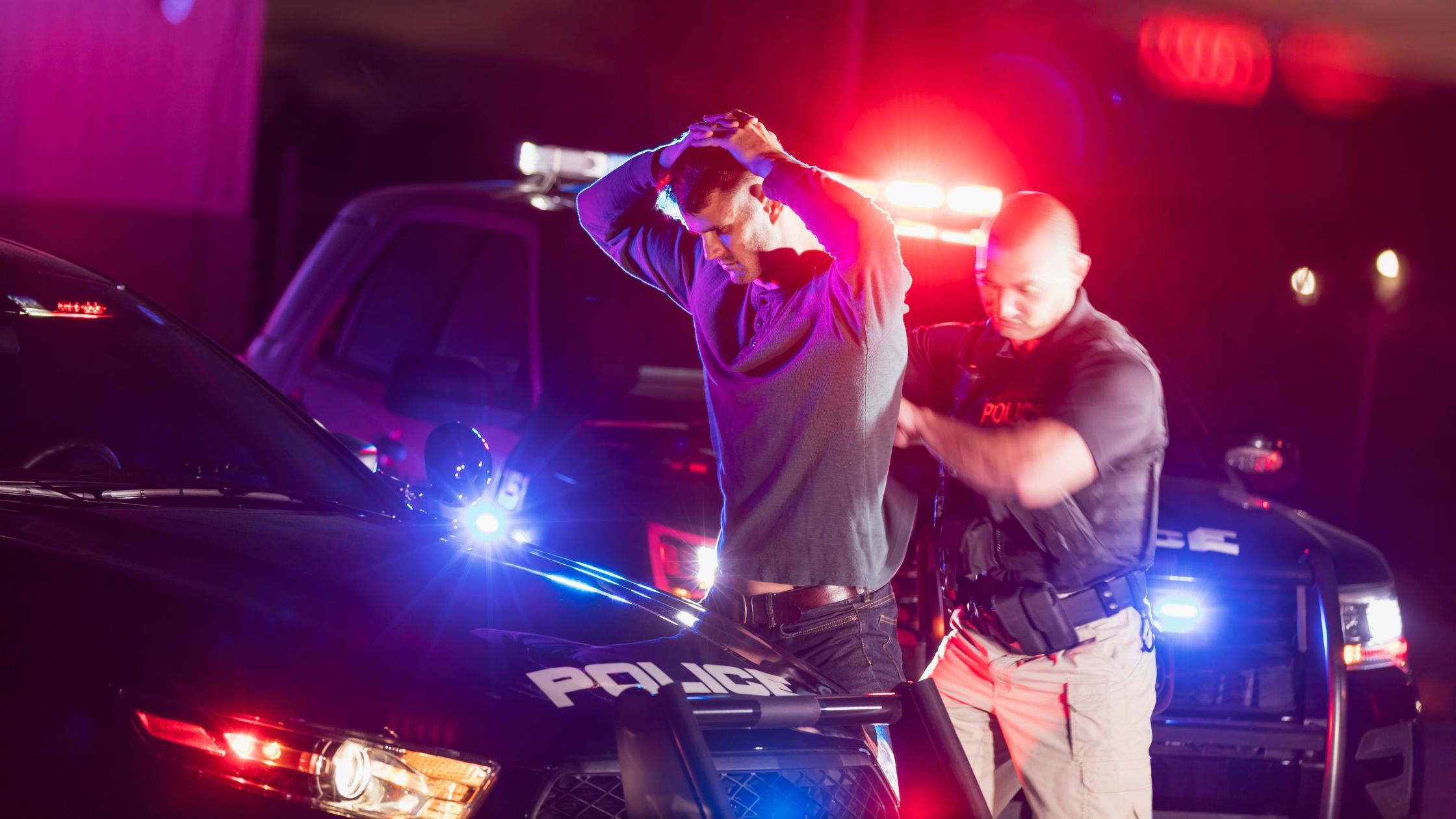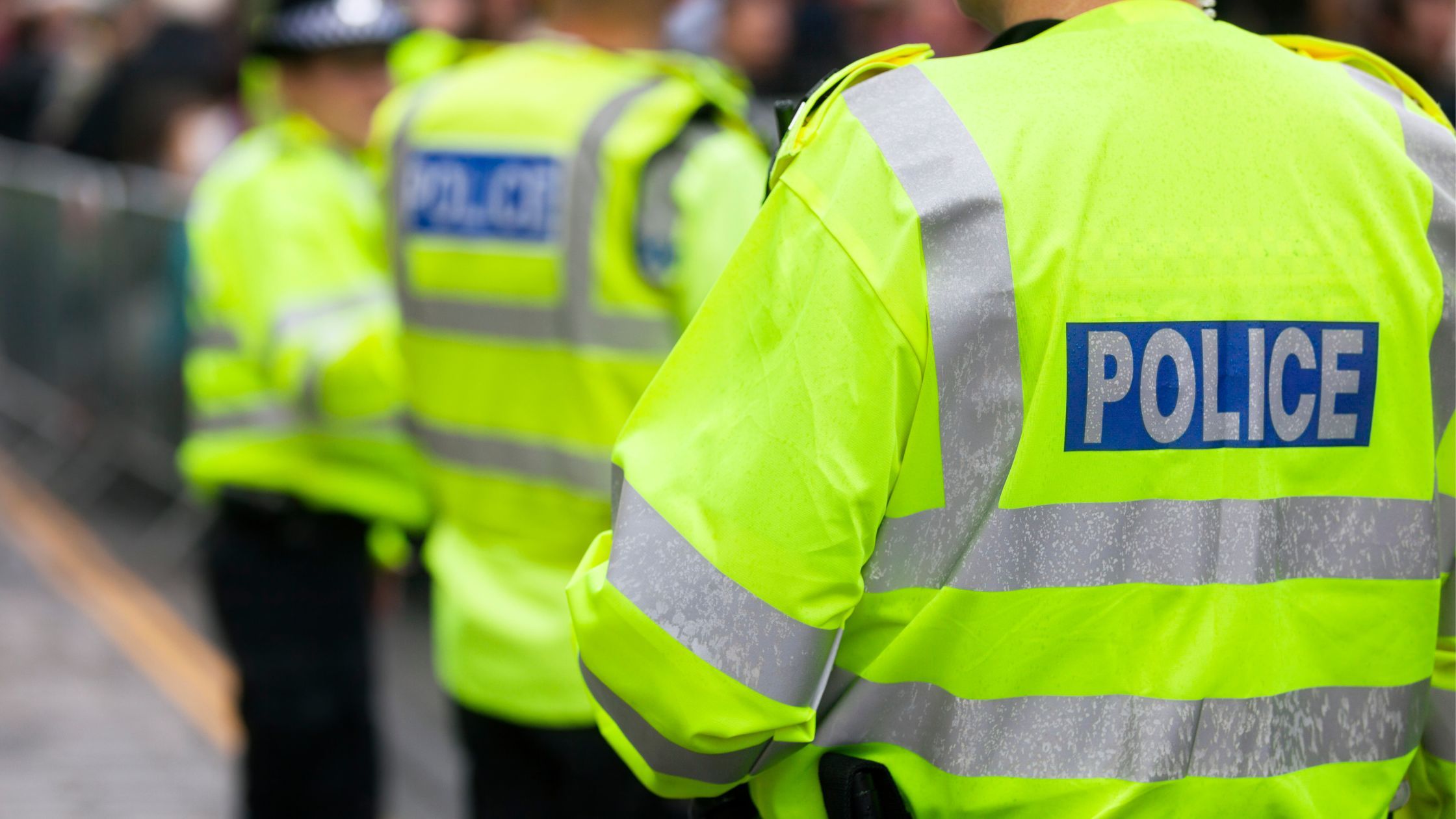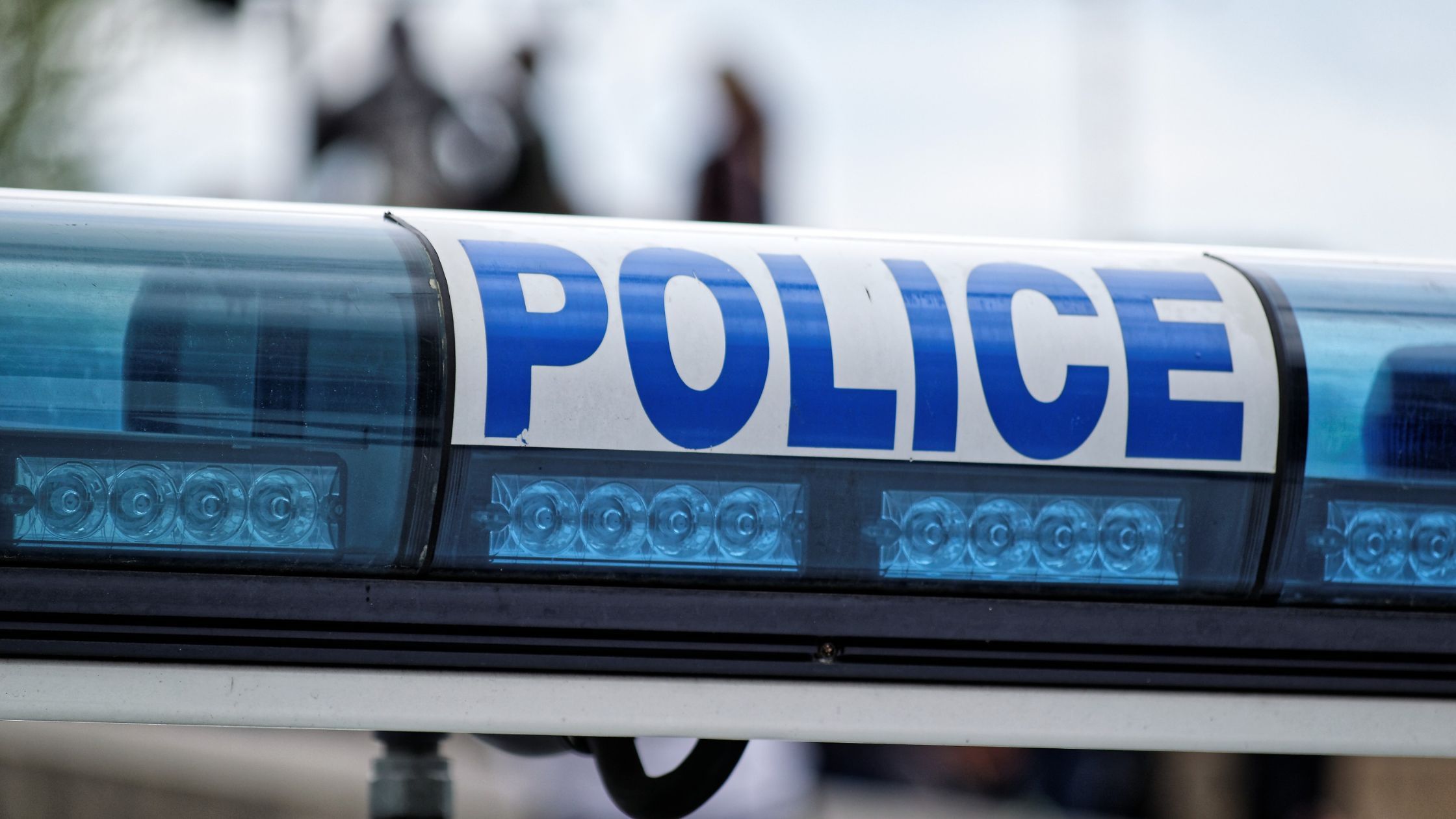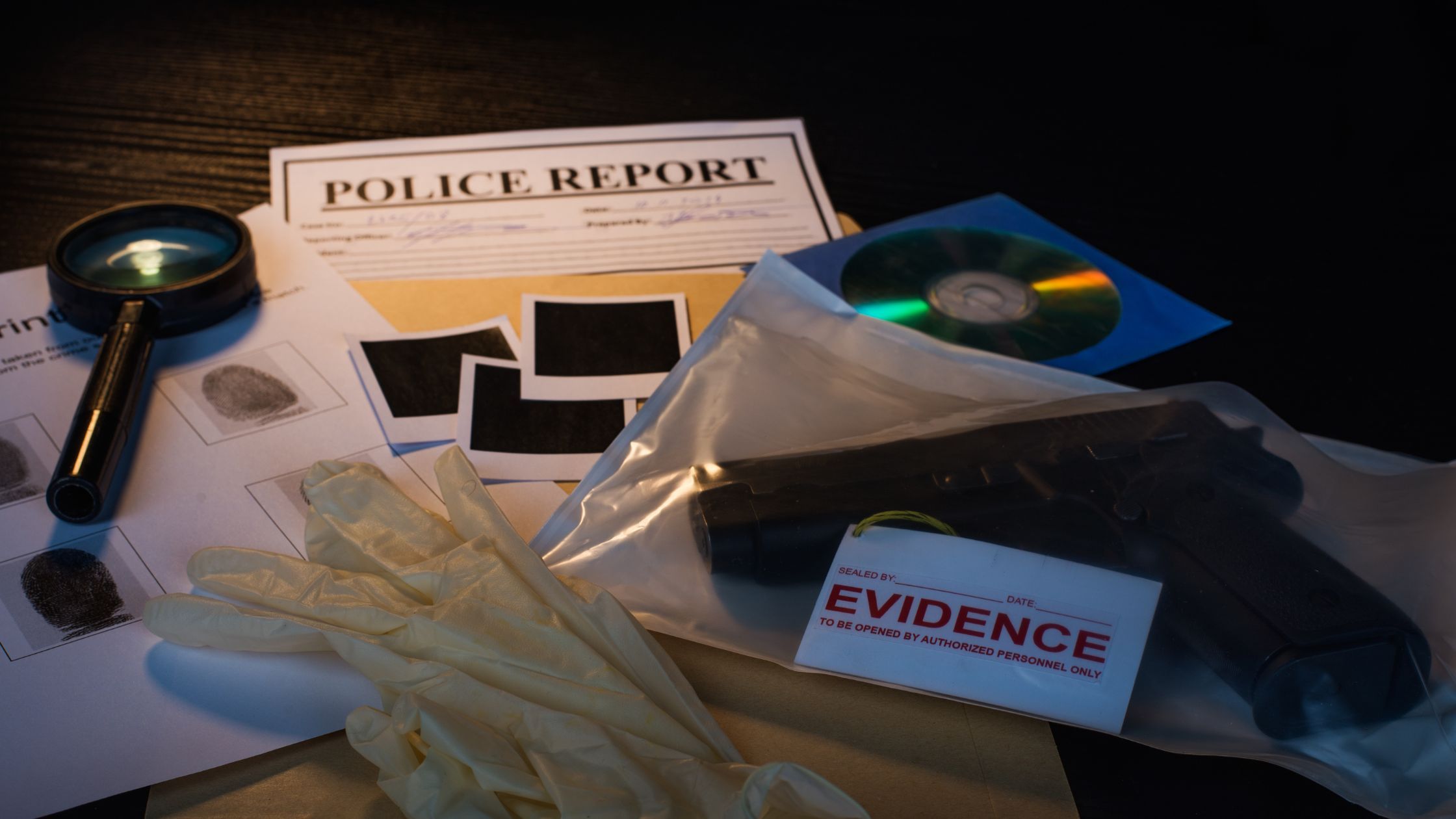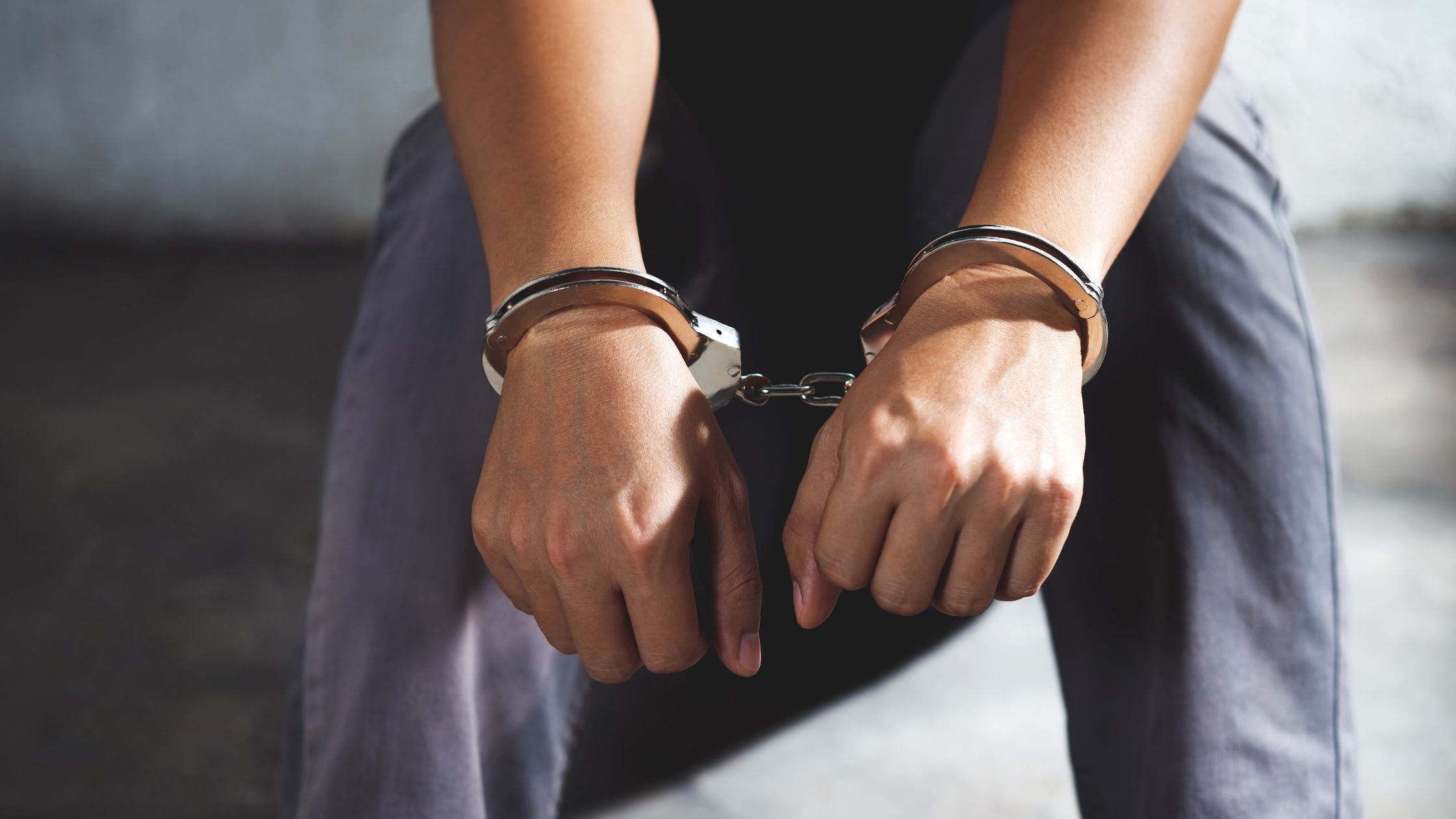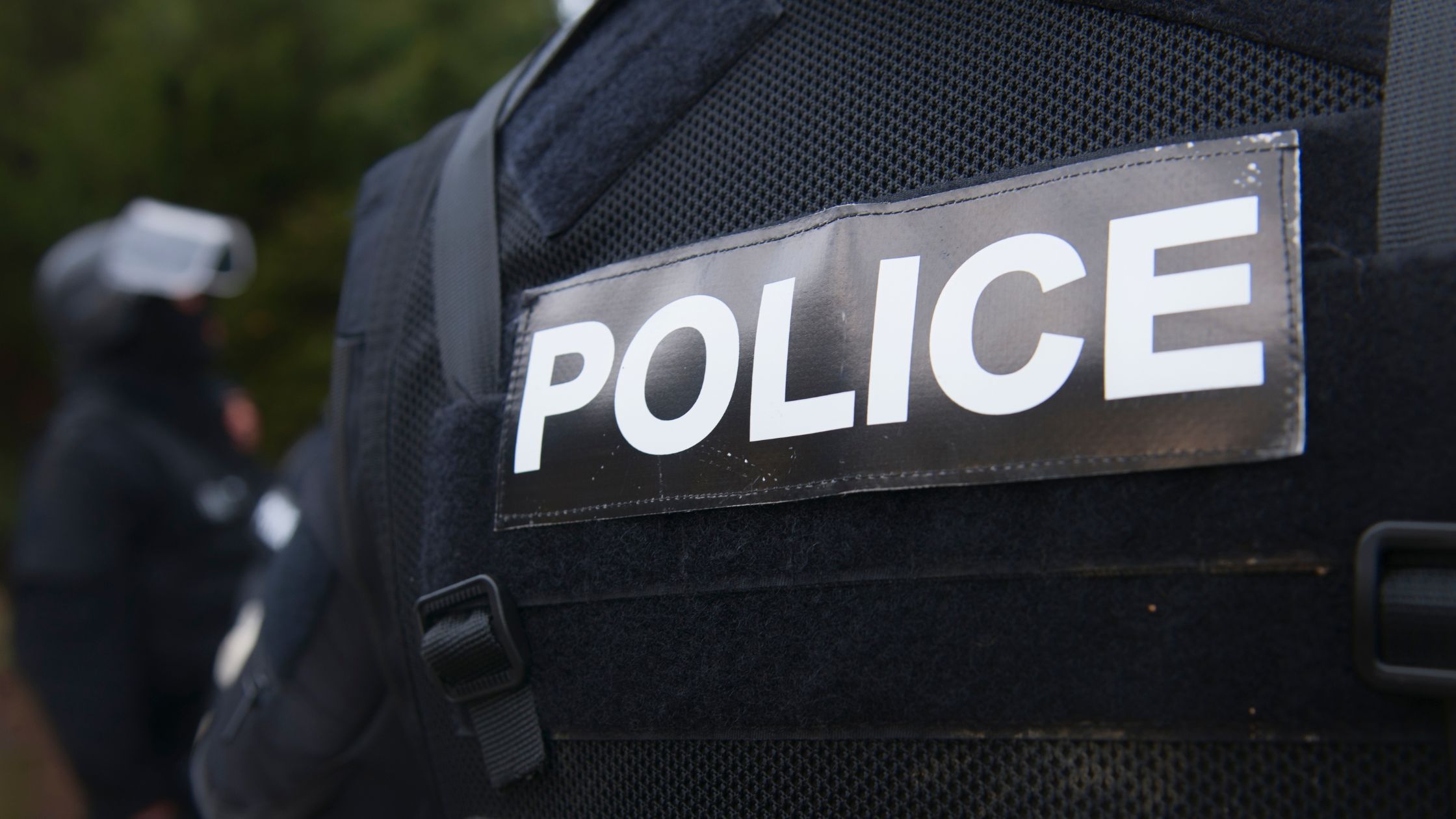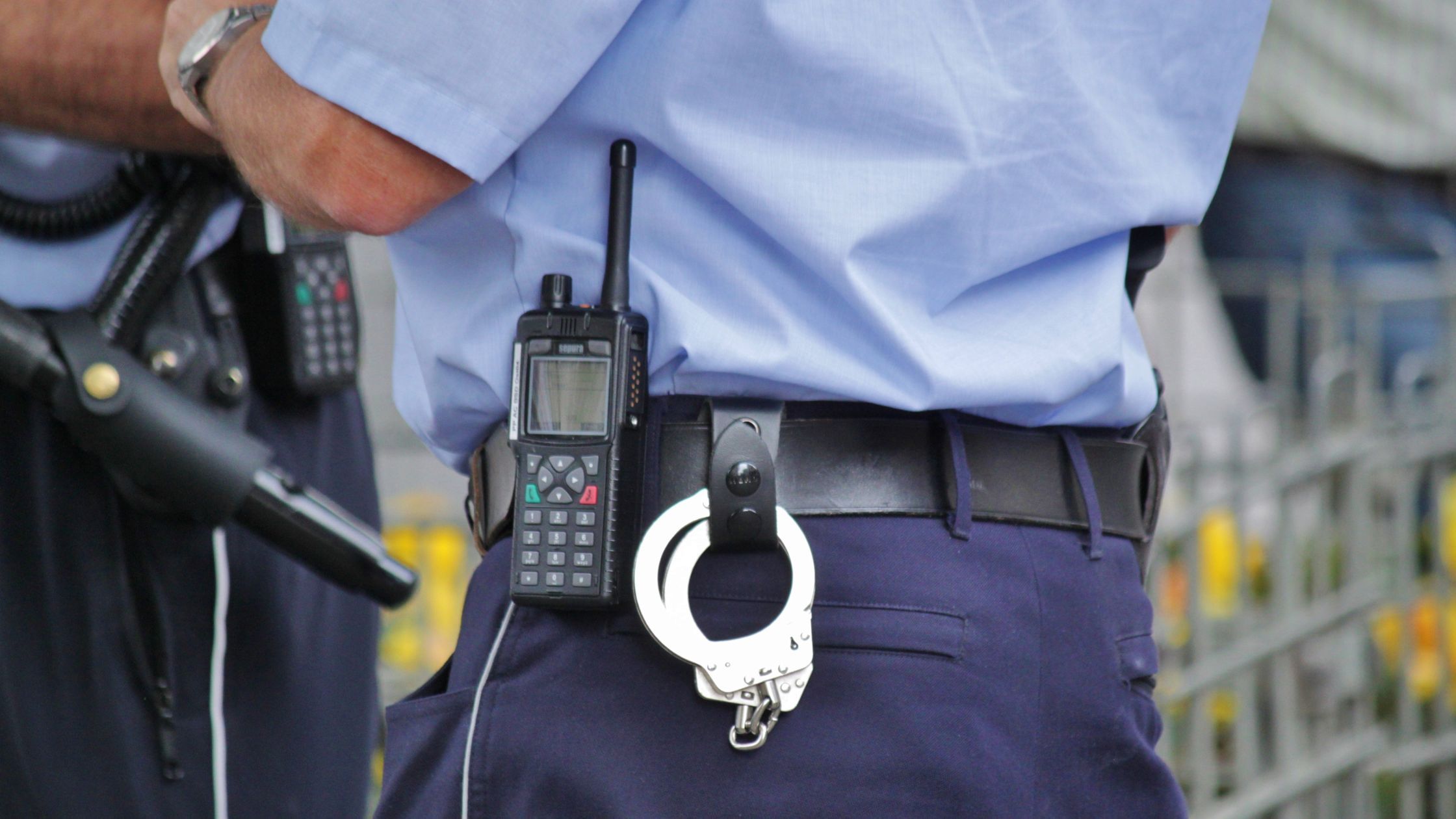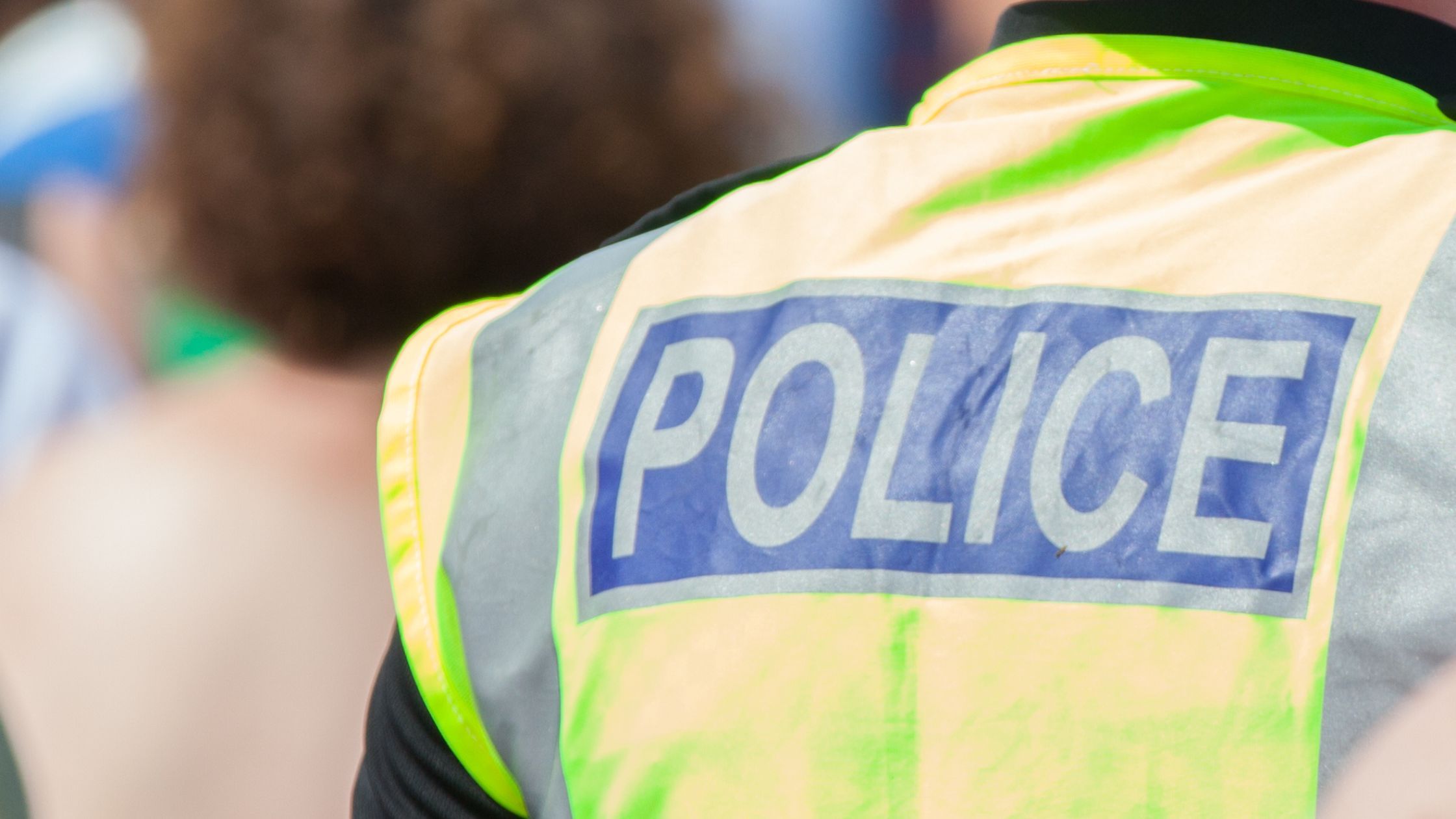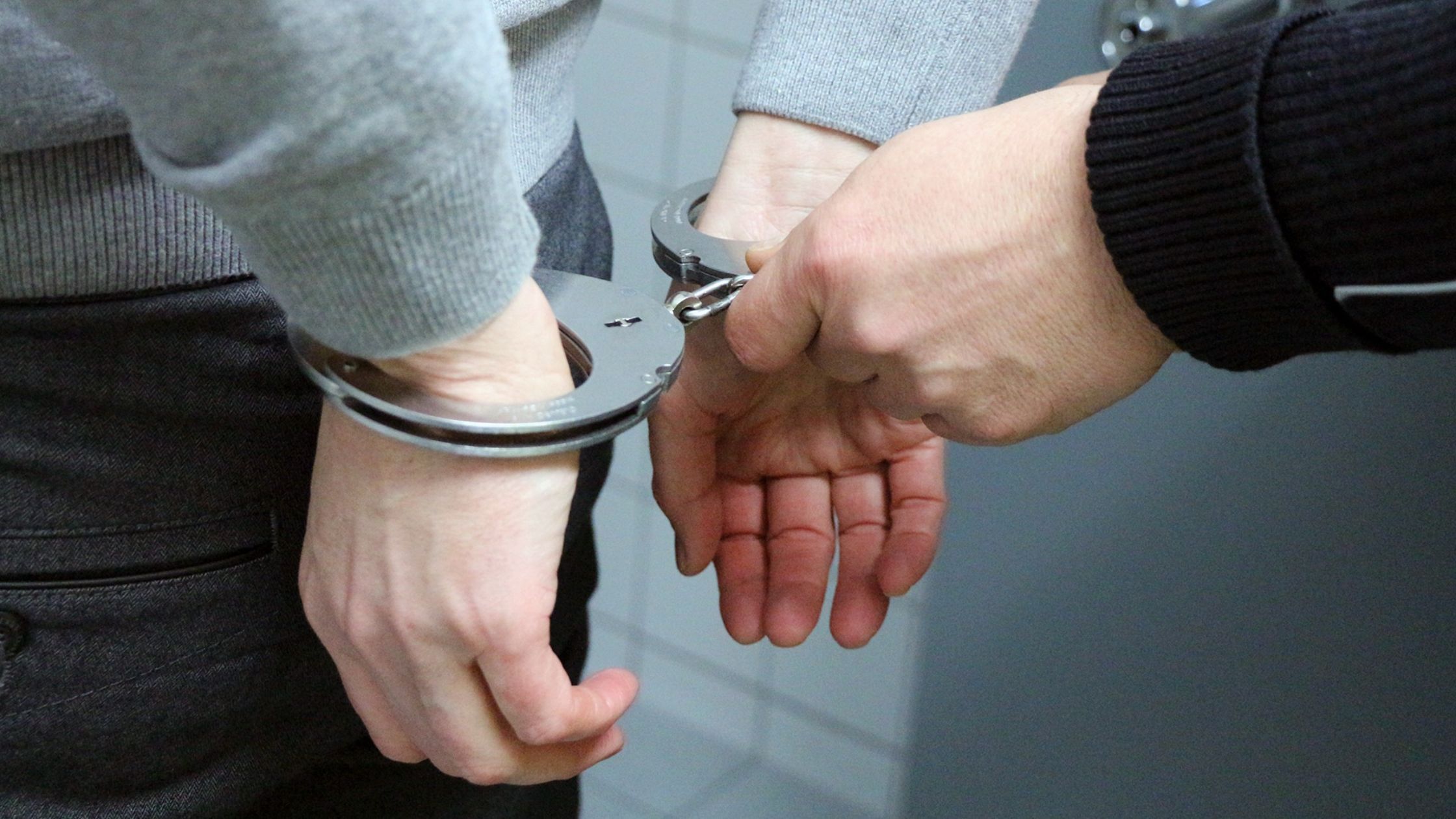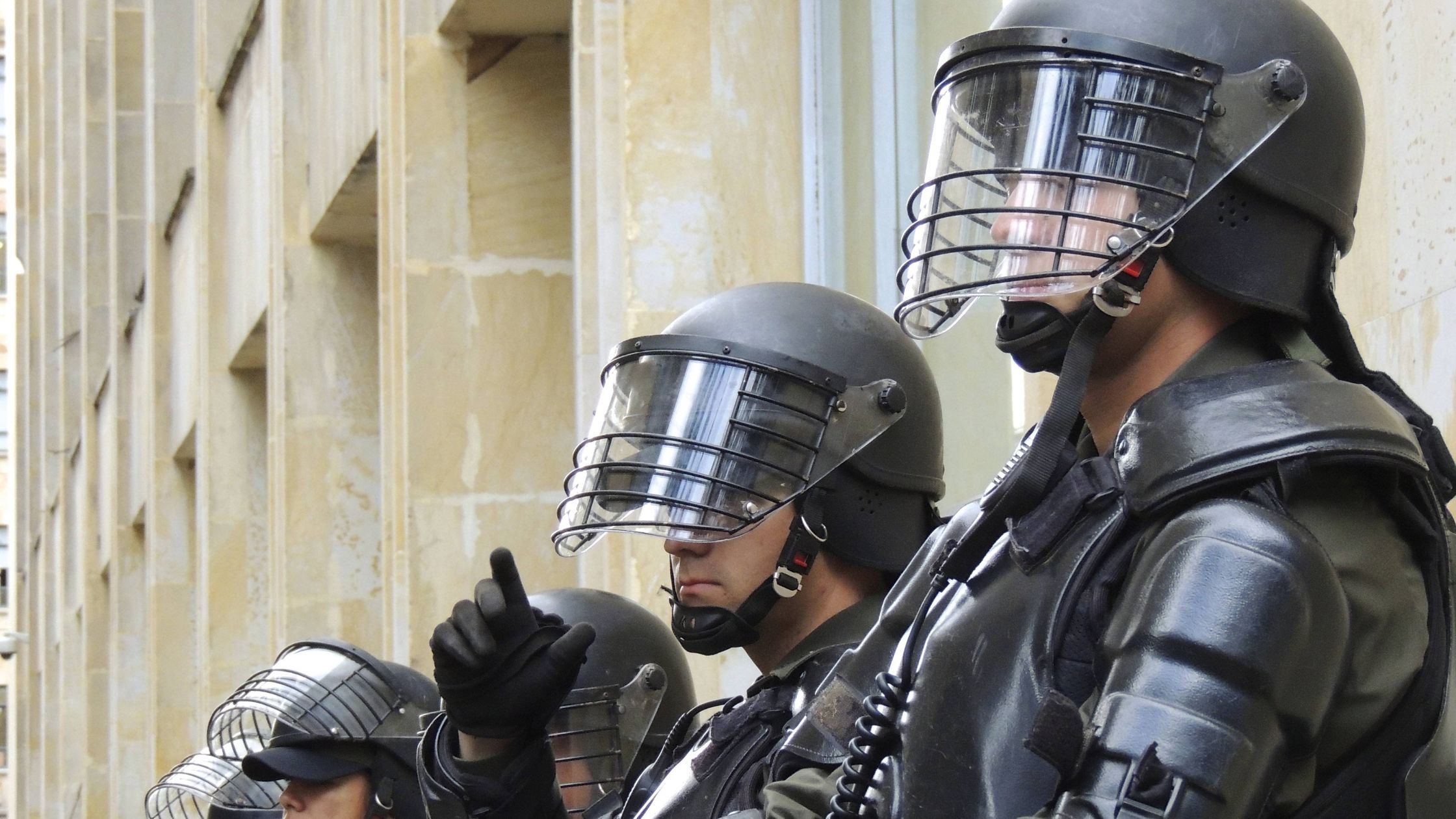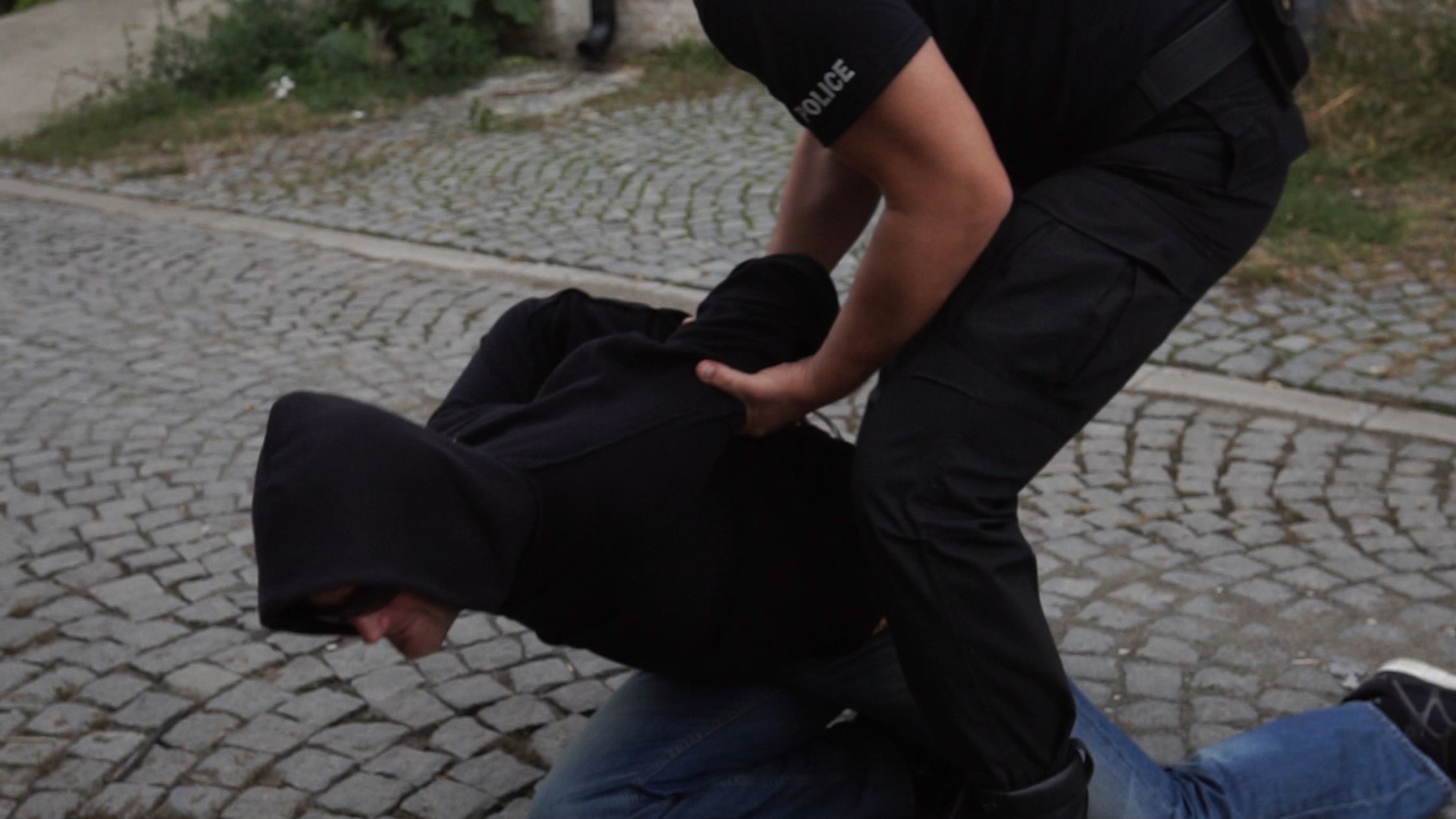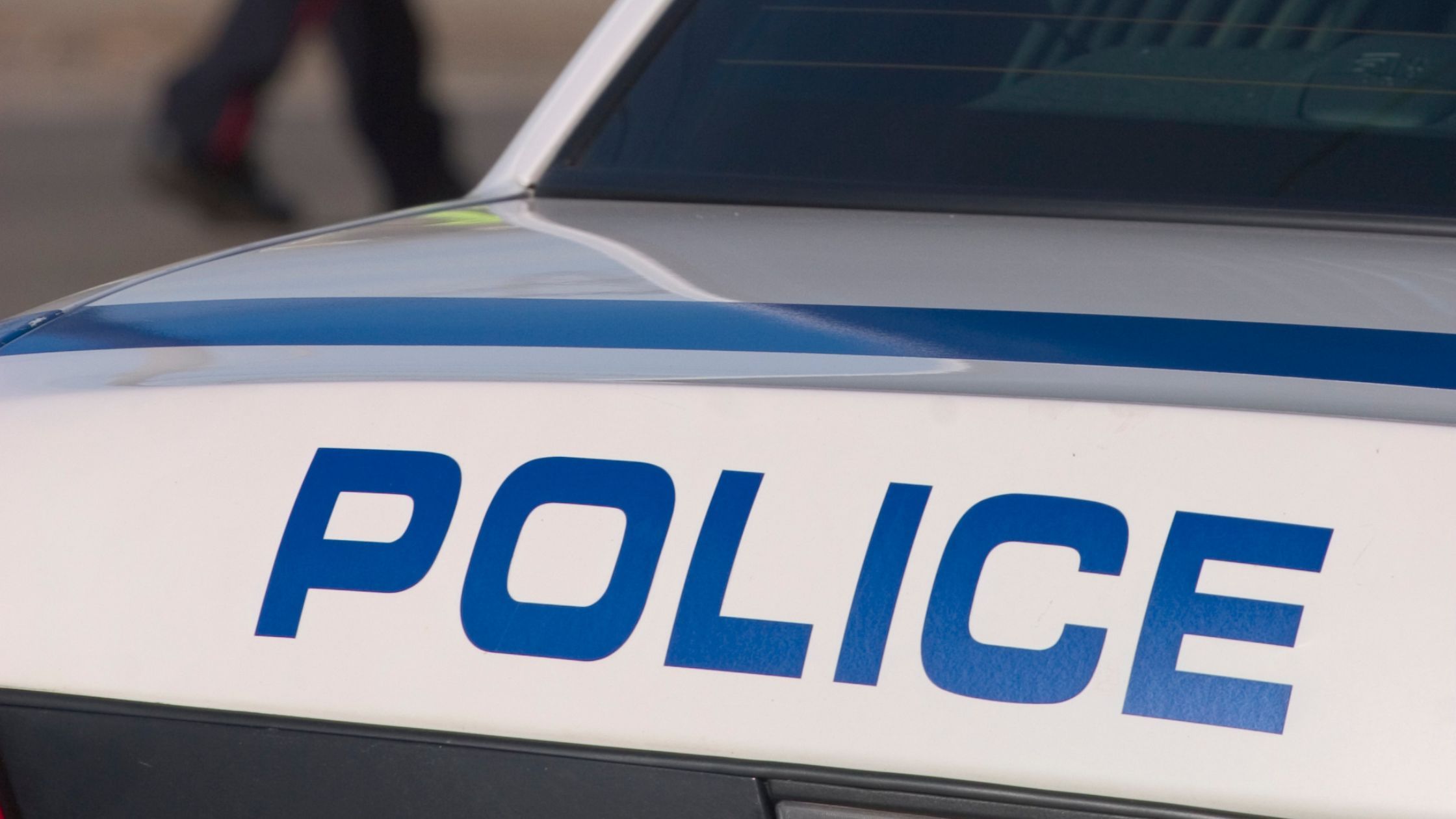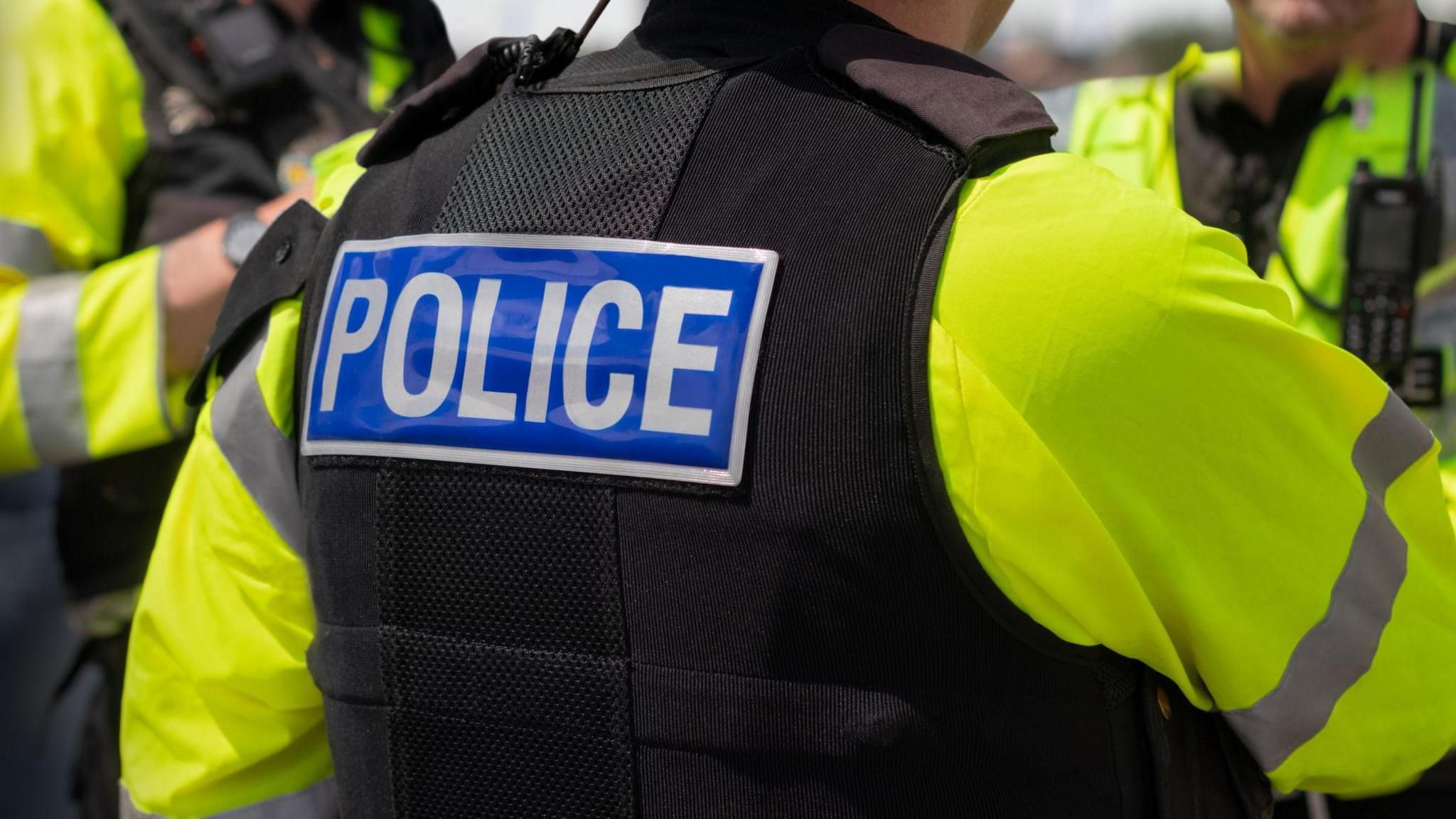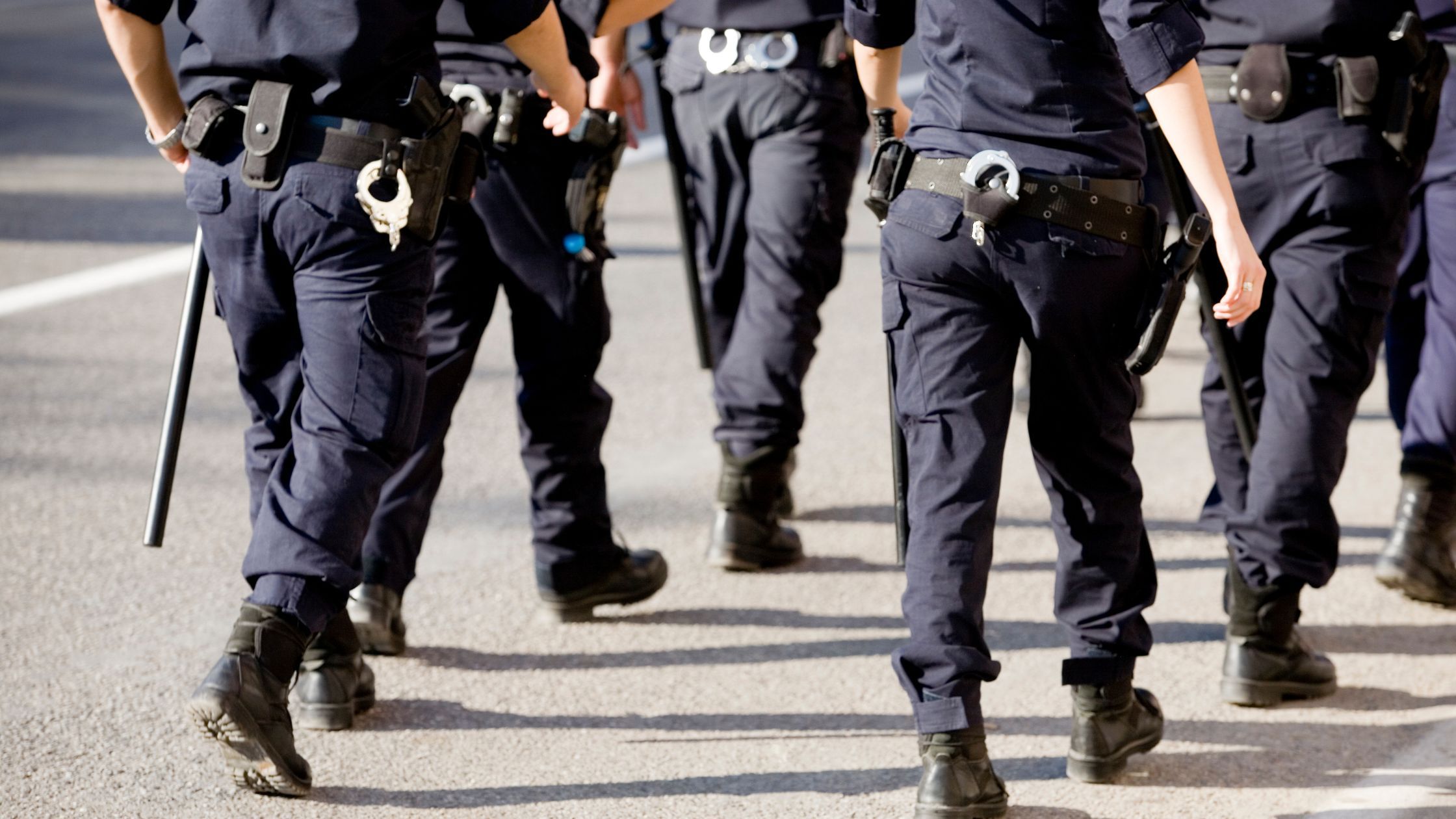There are many occasions when it can be argued the police have assaulted you. The legal definition of assault is to be put in fear of attack.
Everyone – including the police – has a right to defend themselves from attack. The police are also allowed to use force to uphold the law or during the course of arrest, but the force they use must be reasonable, not excessive and the arrest must be lawful.
From April 2014 to April 2015, the Independent Police Complaints Commission handled 69,500 allegations of police misconduct so the evidence suggests that many members of the public do not feel that the balance is always right.
The IPCC was investigating more than 3,000 cases of assault by Police in 2014-2015 according to figures obtained by The Independent newspaper using Freedom of Information requests, with almost half of the total coming from just two forces:
- Metropolitan Police.
- West Midlands Police.
Claims for assault against the police can arise from many circumstances and among the most common are:
· Injury during the course of arrest, including handcuff injury.
· Injury during a police chase - whether or not you are the driver of a pursued vehicle.
· Injury or fear of injury during a demonstration or protest such as being hit with a shield or threatened with a baton.
· Use of tasers or pepper spray by police.
If your arrest was unlawful, any contact between you and the arresting officer or during the custody procedure could well be considered as an assault by a police officer. In these circumstances where there is injury by a police officer then claims can be made for both wrongful arrest and assault and battery.
Another common source of claims is police use of stop and search powers. Physical contact during a search may trigger a claim.
Protest marches and demonstrations are another potential source of police assaults. If you are hit during a march or you are menaced by police batons, it may count as an assault and give you a valid claim.
Even when police are lawfully arresting you, the level of force they use on you must be proportionate to the situation. Police must follow strict guidelines on the use of force including batons, tasers, CS gas or pepper spray. Police must also be able to justify the use of handcuffs and show that restraining you was a reasonable course of action. If you have been assaulted by police, it helps your case if you gather relevant evidence as soon as possible. Sensible steps include seeing a doctor and taking photographs of any injuries such as marks from handcuffs.




